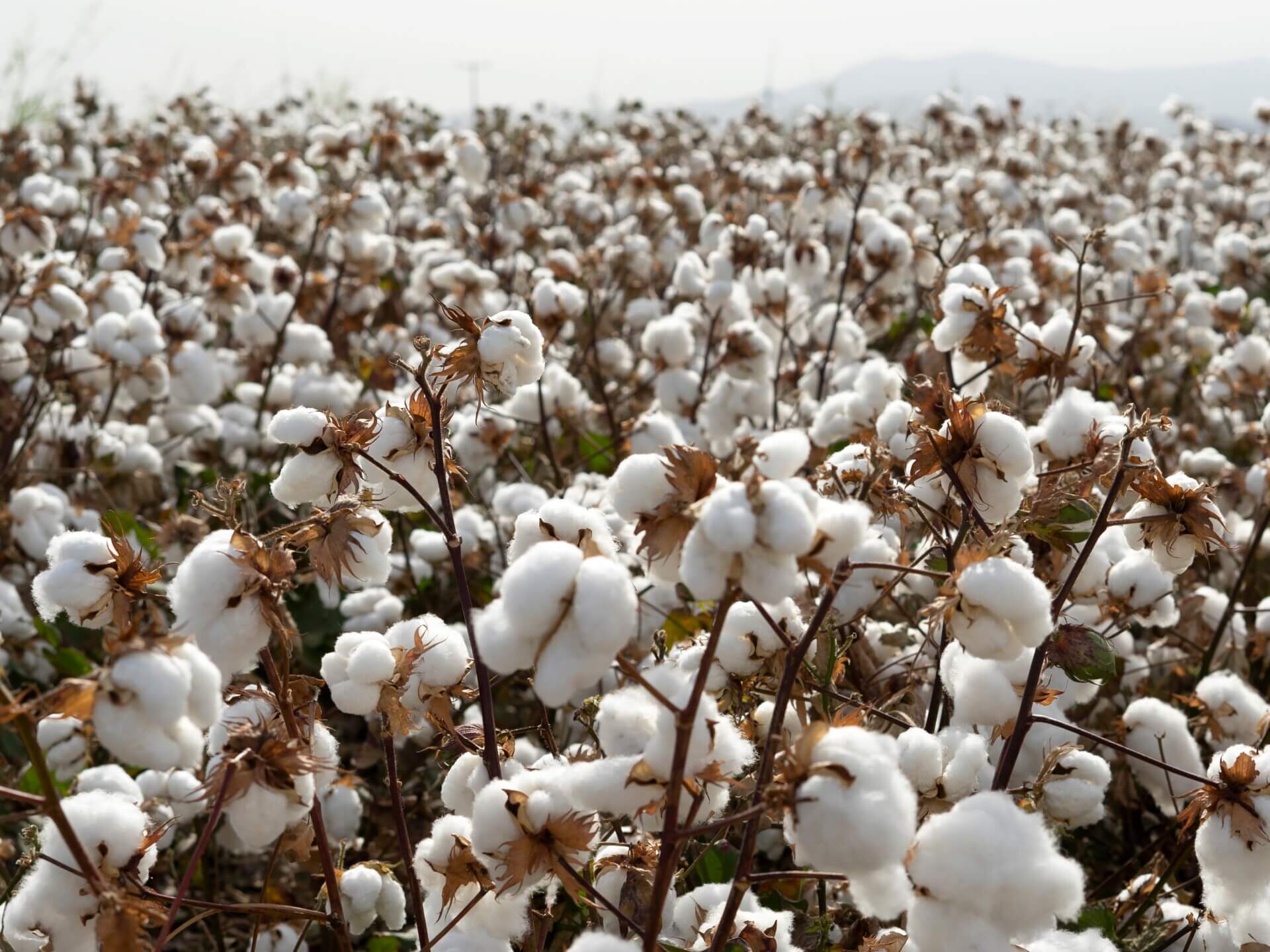The Territory government should bar large-scale floodwater extraction and prohibit new water licences in the Roper River and Daly River catchments, cautions a report commissioner by an alliance of groups calling themselves the Territory Rivers: Keep ‘em Flowing.
The report, A Fork in the River: The consequences of the major new cotton industry in the Northern Territory was commissioned by the alliance of scientists, local communities and non-government organisations including The Pew Charitable Trusts, and the Environment Centre NT.
Author Carol Boot, from the Centre for Conservation Geography, argued that a large-scale cotton industry would reduce run off into river systems, threatening their unique biodiversity and putting at risk the NT’s fishing and tourism industries.
“Australia’s cotton industry has major ambitions in the Northern Territory, projecting a future of hundreds of thousands of hectares of cropping, watered by billions of litres of water extracted from aquifers, rivers and floodplains,” said report
Dr Booth said the Territory should learn from, and avoid a repeat of the mistakes in the Murray Darling Basin, as the cotton industry was disregarding both government and scientific studies on the environmental constraints of cropping in the north.
“The potential for major environmental, cultural and economic impacts is being downplayed,” she said.
NT Environment Centre director Kirsty Howey said the Territory’s water management and planning frameworks were too weak.
“Our water management laws have not incorporated reforms agreed to under the 2004 National Water Initiative,” she said
An average of 20,000ha of land annually have been cleared over the last six years, with land clearing approvals during the past four years increasing 300 per cent, Ms Howey said, and predicted the cotton industry would require much more clearing.
“If we are to avoid the mistakes caused by over-allocation and intensive irrigation in the Murray Darling Basin, we need a different approach here in the Territory – one that looks at basin-wide management,” she said.
“Catchment planning should be driven by community desires to protect rivers, especially those of traditional owners. Water policy needs to support local economies, not enable big business to take more water from already stressed systems.”
The Pew Charitable Trusts NT manager fMitch Hart said the Territory has some of the planet’s last tropical free-flowing rivers which were still able to sustain diverse and rare ecosystems and wildlife.
“Large-scale cotton growing could impact these and important fisheries. Recreational fishing contributes an estimated $26 million each year to the NT economy, with 80 per cent of that coming from interstate or overseas visitors,” Mr Hart said.
The report, which comes as the NT Government finalises its strategic water plan to be released this year which will guide water management and policy until 2050, made six recommendations to the NT government, which include undertaking integrated catchment planning with a focus on maintaining the health of the Territory’s river.
NT Farmers Association chief executive officer Paul Burke said they expected 80 per cent of future cotton farming in the NT will use rain-fed cropping system, while Tipperary Group of Stations general manager David Connolly said if farmers do choose to irrigate their cotton in the future, it will be from allocations and in line with government regulations.
“The great myth in the world is that cotton uses a whole lot of water, and it uses a whole lot of insecticide,” Mr Connolly said.
“That’s just not true. It’s certainly not true of up here. We’re trialing dryland irrigation where we just rely on the rainfall. We are planting at the right time of the year so that we can pick up the rainfall we get from the monsoons rather than relying on an irrigation license and irrigated cotton…We wouldn’t contemplate growing a crop that’s going to damage our land and our soils…”
The entire report can be read on the Territory Rivers website.




0 Comments